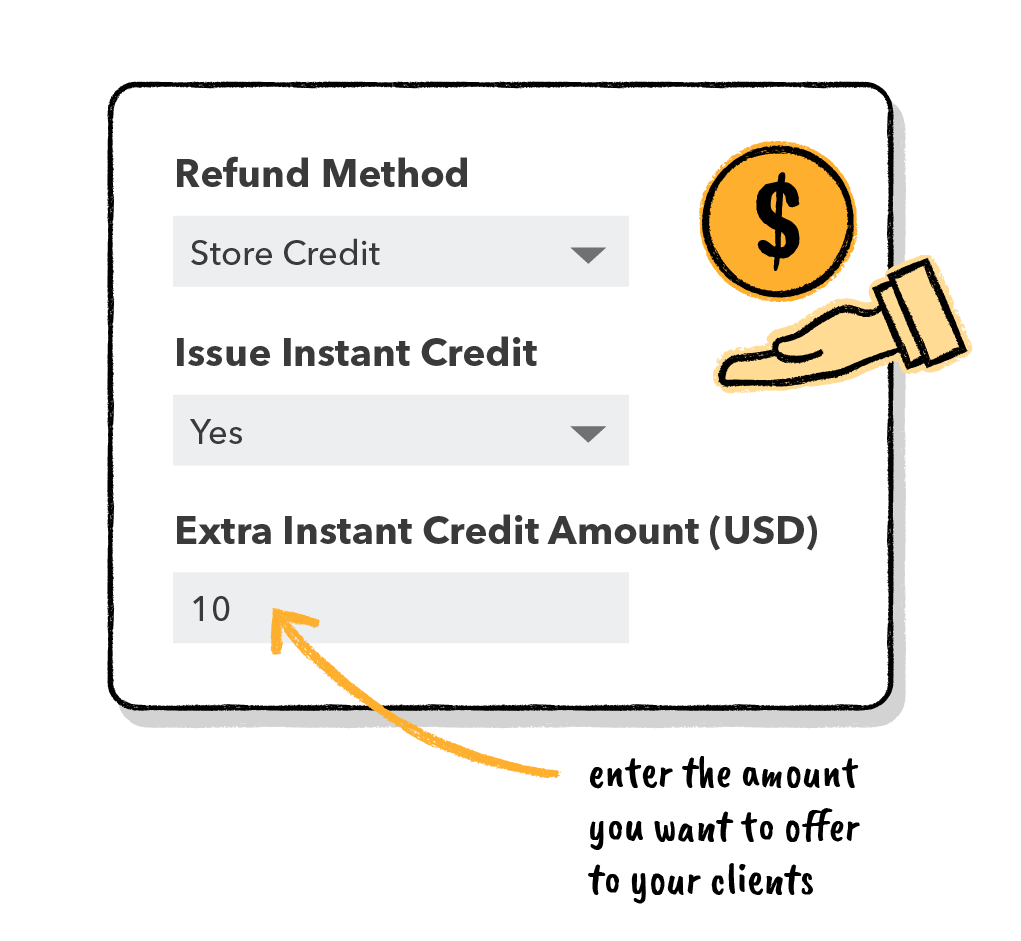In the digital age, online shopping catalogs with instant credit have become increasingly popular. They offer convenience, a wide range of products, and the allure of instant gratification. However, they also come with their own set of security and privacy risks. This article delves into these risks and offers practical tips for safe online shopping.

The Allure of Instant Credit
Imagine this: You’re browsing through an online catalog late at night. A beautiful, high-end gadget catches your eye. The price is steep, but then you see it – the option for instant credit. With a few clicks, the gadget could be yours, paid for in comfortable installments. It’s tempting, isn’t it?
The Hidden Risks
But behind this convenience lurk potential security and privacy risks. Your personal and financial information could be exposed or misused in several ways:
Data Breaches
Online shopping catalogs store vast amounts of sensitive customer data. In the event of a data breach, your personal information, including your credit card details and address, could be exposed.
What is a Data Breach?
A data breach is an incident where unauthorized individuals gain access to confidential data. This could include sensitive information such as credit card numbers, social security numbers, medical records, or personal email addresses. Data breaches can occur for various reasons, including weak passwords, phishing attacks, malware, or even physical theft of devices containing sensitive data.
How to Prevent Data Breaches
Preventing data breaches involves several strategies:
Use Strong, Unique Passwords
Strong passwords that are hard to guess can help protect your data. Avoid common words or phrases and consider using a password manager to generate and store complex passwords.
Enable Two-Factor Authentication
Two-factor authentication (FA) adds an extra layer of security by requiring two types of identification before granting access to an account.
Regularly Update and Patch Systems
Software updates often include patches for security vulnerabilities. Regularly updating your devices and applications can help protect against these vulnerabilities.
Be Wary of Phishing Attempts
Phishing is a common method used by cybercriminals to trick individuals into revealing sensitive information. Be cautious of unsolicited emails or messages that ask for personal information or direct you to suspicious websites.
Use Secure Networks
When accessing sensitive information, ensure you’re on a secure network. Public Wi-Fi networks can be risky as they may not be secure.
Regularly Monitor Your Accounts
Regularly check your accounts for any suspicious activity. If you notice anything unusual, report it to the relevant authorities immediately.
Remember, while it’s impossible to completely eliminate the risk of a data breach, these steps can significantly reduce your risk and ensure your data remains as secure as possible. Stay safe online!
Phishing Attacks
Scammers may send emails pretending to be from your online shopping catalog. They might ask for sensitive information or direct you to a fake website where you unknowingly enter your login details.
What is Phishing?
Phishing is a type of cyber-attack where attackers impersonate legitimate organizations or individuals to trick people into revealing sensitive information. This could include usernames, passwords, credit card numbers, or other personal details. Phishing attacks often occur via email, but they can also happen through text messages, phone calls, or malicious websites.
How to Avoid Phishing Attacks:
Here are some strategies to help you avoid falling victim to phishing attacks:
Be Suspicious of Unsolicited Communications
Phishing attacks often start with an unexpected email or message. If you receive a message asking for personal information or urging you to take immediate action, be cautious.
Check the Email Address or URL
Phishers often use email addresses or URLs that look similar to legitimate ones but have slight misspellings or extra characters. Always double-check the email address or URL before clicking on it.
Don’t Click on Suspicious Links
Links in phishing emails or messages often lead to fake websites designed to collect your information. Instead of clicking on a link, manually type the website’s address into your browser.
Use Two-Factor Authentication
Two-factor authentication (FA) adds an extra layer of security to your accounts. Even if a phisher gets your password, they won’t be able to access your account without the second factor.
Keep Your Devices and Software Updated
Software updates often include patches for security vulnerabilities that phishers can exploit. Keeping your devices and software updated can help protect you from these attacks.
Unsecure Networks
If you’re shopping on an unsecured network, hackers could intercept the data you send and receive, including your credit card information.
Here are some examples of online shopping catalogs that offer instant credit:
- Ginny’s: Offers a wide range of products from kitchen appliances to home decor and more. They provide a “Buy Now, Pay Later” credit option.
- Masseys: Known for their extensive collection of clothing and accessories. They offer instant credit options.
- Pottery Barn: Offers a variety of home furnishings and decor. They also provide instant credit.
- Boscov’s: A department store that offers a wide range of products and an instant credit option.
- Crate & Barrel: Known for their modern, high-quality housewares and furniture. They offer instant credit.
- Wayfair: An online store offering a vast selection of home goods. They provide instant credit options.
- Mason Easy-Pay: Specializes in footwear and offers instant credit.
- Stoneberry: Offers a variety of products from electronics to clothing and provides instant credit.
- Figi’s: Known for their gift baskets, they also offer instant credit.
- Gettington: An online retailer offering a wide range of products and instant credit.
- Fingerhut: Offers thousands of products including electronics, jewelry, shoes, and furniture, and provides instant credit.
Remember, while these catalogs offer convenience, it’s important to be aware of the potential security and privacy risks associated with online shopping and instant credit. Always ensure you’re shopping on a secure network and be wary of phishing attempts.
Key Takeaways
- Online shopping catalogs with instant credit offer convenience but come with security and privacy risks.
- These risks include data breaches, phishing attacks, and unsecure network.
- Always shop from reputable online catalogs.
- Regularly update your passwords and avoid using the same password for multiple sites.
- Be wary of emails asking for personal or financial information.
- Always ensure that you’re shopping on a secure network.

To wrap up, while online shopping catalogs with instant credit can make life easier, it’s crucial to be aware of the potential security and privacy risks. By staying informed and following the tips provided, you can enjoy the convenience of online shopping while safeguarding your personal and financial information. Remember, the key to avoiding phishing attacks is vigilance and a healthy dose of skepticism. Stay safe online!
Hope this article was helpful. You can visit us for more guides on Online Shopping catalogs with Instant Credit

